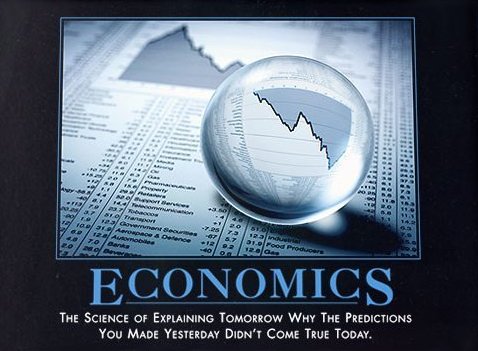Should the FCC let the two service providers merge? Duffka and The Economist both say NO WAY!
Currently, AT&T has a 27% market share of all cell phone users. If the merger is allowed it would increase over 40% to a whopping 39% market share. That would give AT&T/T-Mobile, Verizon, and Sprint control of over 80% of the cell service market.
Any level of economist, from apathetic seniors dabbling in economic policy to the near perfect Ben Bernanke, would argue that this merger would NOT be good for customers even if you don't have AT&T or T-Mobile.
The FCC and Department of Justice would have oversight on this proposed merger. The main benefit, according to the firms, is the possibility that this would increase the expansion of 4G technology. This would give another 46 million Americans a faster data connection on mobile devices according to The Economist.
AT&T argues that the merger would make better use of the two firms infrastructure could improve the quality of connections (economies of scale argument). AT&T also argues that it would IMPROVE the industry's competitiveness.
The argument for not allowing the merger is simple. AT&T already has poor customer service ratings--a merger would not improve customer services in my opinion. Canada has already suffered from a lack of competition and has some of the highest rates in the world. Duffka assumes that our demand for cell service is highly inelastic and that we would pay more for the service than we are now.
The politics are also an issue. Big business has decried anti-business sentiment from the government over Obama's first two years and he may feel the desire to allow the merger to show that he is "business friendly."
Duffka feels that the politics and economies of scale argument are sound but not enough to allow the merger. Choices are good so reducing choices must be bad. Duffka votes NO...but nobody asked what he thinks.
What do the readers think? Should it be allowed? What are some of the weak/strong arguments?

